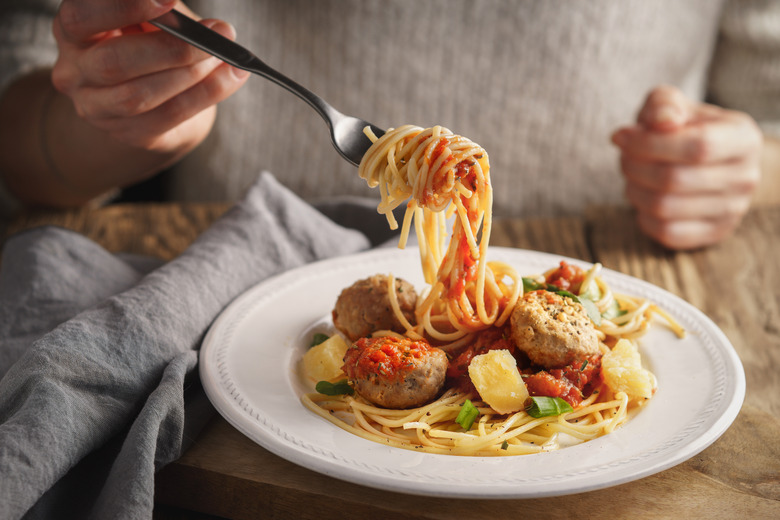Startup Invents Device That Warns You When You're Eating Too Much Sugar
Especially in today's day and age, when sugar is hiding in even the most benign-seeming products, you might wish you had a monitor on your sleeve — something that just told you when to put down your fork. Thanks to a group of innovators in Silicon Valley, you might soon have access to a device that does just that.
Ashwin Pushpala, the founder of San Francisco-based health and tech startup Sano, has been working on creating this tool that would track your blood sugar continuously, alerting you to significant fluctuations as they're happening. Using the device, you'd be able to tell which foods send your blood sugar over the limit and which foods help to calm it down.
People with diabetes monitor their glucose regularly, pricking their fingers to get regular readings. These scheduled check-ins are tedious and often painful — the average diabetic pricks their fingers between 40,000 and 100,000 times in their lifetime.
But diabetics aren't the only ones who might benefit to know when their blood sugar is out of whack. This device could be an affordable and simpler option to give insight those without diabetes, too.
Instead of needing to prick your finger again and again, you could just wear this device instead. It looks like a small adhesive bandage and attaches to your skin with many smaller needles that don't dig in as deep as a typical finger prick.
Fitbit has invested in Sano to continue its research on the product. Using the readings, people could discover the effects of specific foods on their blood sugar. After they eat a slice of cake, for example, they might find that their glucose levels don't spike like they thought they would. After eating spaghetti, they might see a huge jump in their numbers.
Every person reacts to specific foods differently — which is why this device could prove to be really helpful.
However, you don't necessarily need a device like this to tune in to whether you should slow down your sugar consumption. Your body sends you more than a few signals on its own when you're eating too much.
